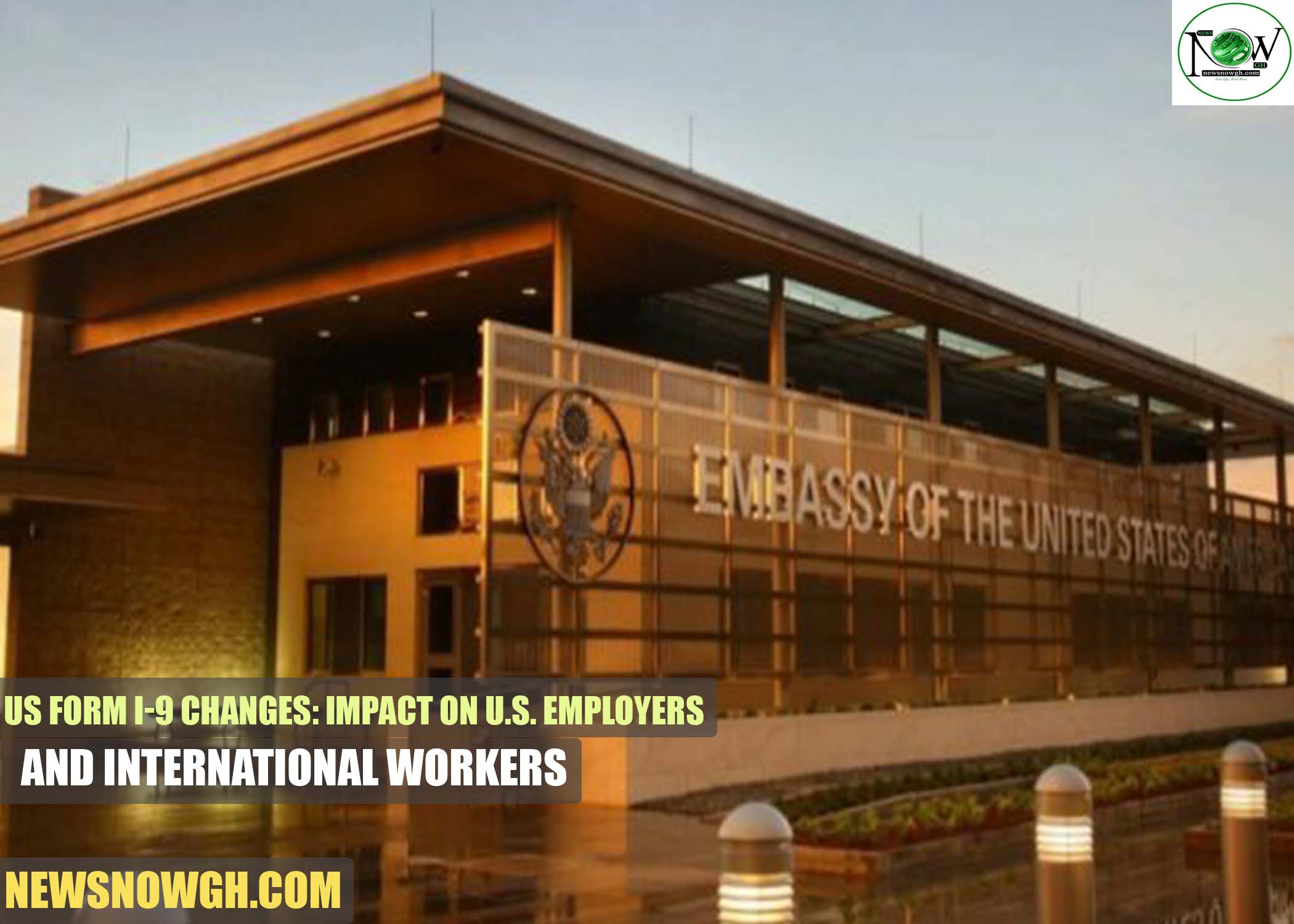US Form I-9 Changes: Impact on U.S. Employers and International Workers
The U.S. Form I-9 has recently undergone significant changes. The term “noncitizen” has been replaced with “alien authorized to work.” Although the work eligibility rules remain unchanged, this terminology shift is crucial for completing the form accurately.
The U.S. Citizenship and Immigration Services (USCIS) introduced this updated version of Form I-9 to align with legal language. This change affects both foreign workers and U.S. employers hiring non-citizens.
Understanding Form I-9
Form I-9, officially called the Employment Eligibility Verification Form, is essential for all U.S. employers. It verifies the identity and work authorization of every person hired in the United States, including U.S. citizens and foreign nationals.
Both employers and employees must complete this form. Employees need to provide acceptable documents that prove their identity and legal work authorization. Employers must inspect these documents and record their details to confirm authenticity.
Key Updates to Form I-9
The revised Form I-9 includes several important updates:
- Citizenship Status Wording: The fourth checkbox in Section 1 now states “An alien authorized to work,” replacing “noncitizen authorized to work.”
- Updated Document Descriptions: Two List B documents used for identity verification have new descriptions.
- Revised DHS Privacy Notice: The instructions now feature updated language to comply with federal legal standards.
These changes help ensure the form aligns with existing U.S. statutes, according to USCIS.
Implications of Alien vs. Noncitizen
The terminology change mainly affects how the form reads. Here’s what this means for international workers:
- Wording Change, Not Eligibility: This is merely a wording update. The requirements for proving identity and work authorization remain the same.
- Be Aware: It’s important to note that Section 1 now uses “An alien authorized to work.” Select this checkbox if it applies to you.
- Perception Matters: While “alien” aligns with legal definitions, some may find it impersonal. However, the verification process remains unchanged.
Impact on Noncitizens
The updated terminology may raise concerns among immigrants. The Biden administration had previously shifted to using “noncitizen” to promote respectful language. The return to “alien” may seem like a regression in inclusive language.
For noncitizens, especially foreign workers, this change could feel like a step backward in the ongoing conversation about immigration policy.
Understanding New Form I-9 Versions
Staying informed about form versions is crucial. Here are the latest details:
- Form Edition Date: 01/20/25
- Expiration Date: May 31, 2027
- Status: Newest version available.
- Previous Versions: 08/01/23 is still acceptable until its expiration date.
Employers using the older versions must update their systems to reflect the new expiration date by the specified deadlines.
Employer Responsibilities and E-Verify Updates
U.S. employers must use the correct Form I-9 and verify documents presented by new hires. Systems like E-Verify have also been updated to reflect the new language. HR professionals need to ensure their systems and onboarding processes are current.
What This Means for Foreign Workers
Foreign nationals working in the U.S. should note the following:
- Stay informed about the new wording in Form I-9 to avoid confusion.
- Ensure that your documents are valid under the updated Lists of Acceptable Documents.
- While the terminology change does not affect your legal status, staying updated is wise.
Final Thoughts
Although “alien” remains legally accurate, many argue it feels outdated or stigmatizing. This shift back to traditional language may reflect broader cultural changes in immigration policy. Regardless, foreign employees and U.S. employers must comply with federal hiring procedures.
Staying informed about these updates ensures smooth employment verification and helps avoid legal complications.
Follow NewsNowGh to stay updated on the latest information regarding work permits, visas, and visa-sponsored employment.


